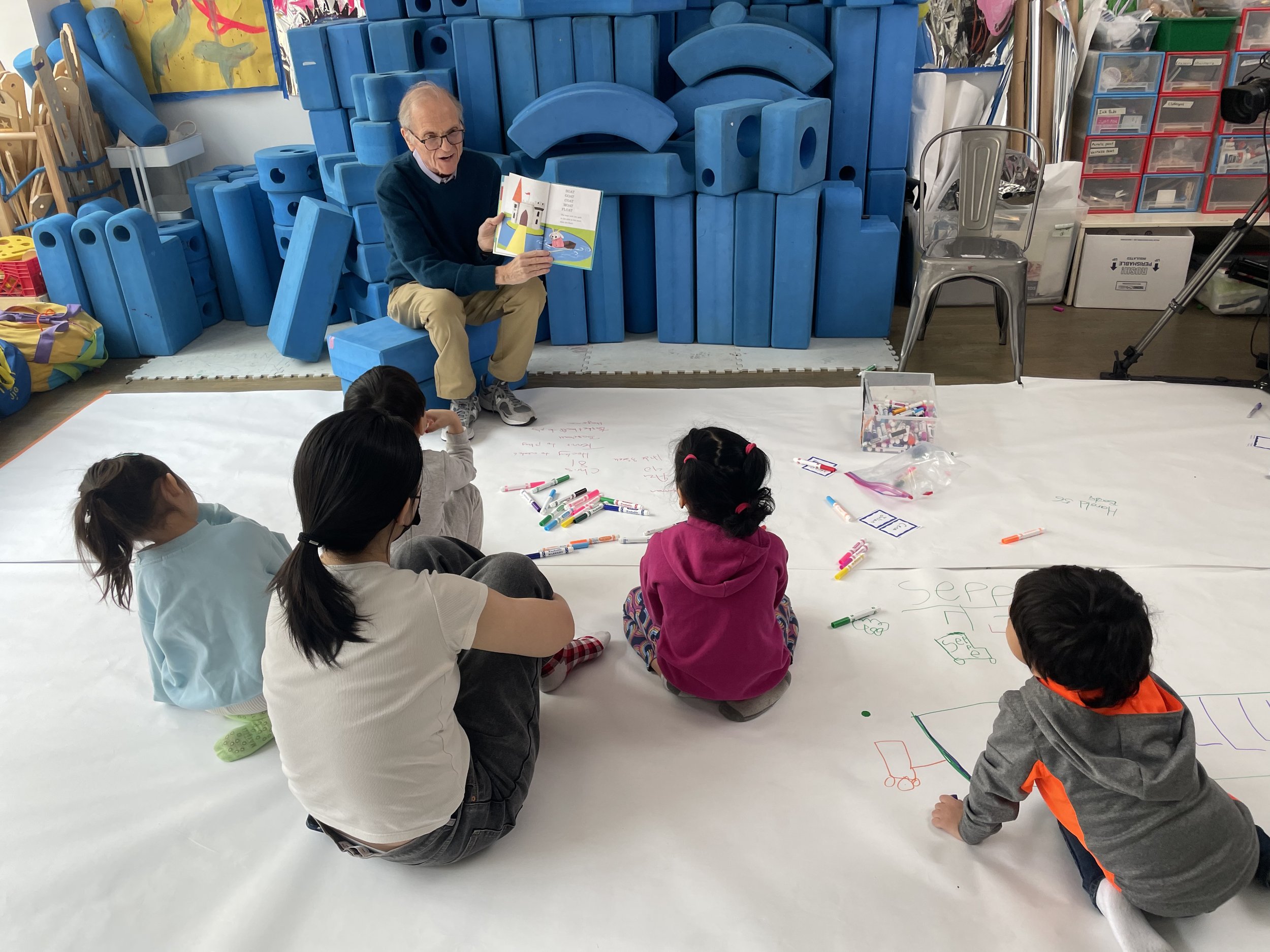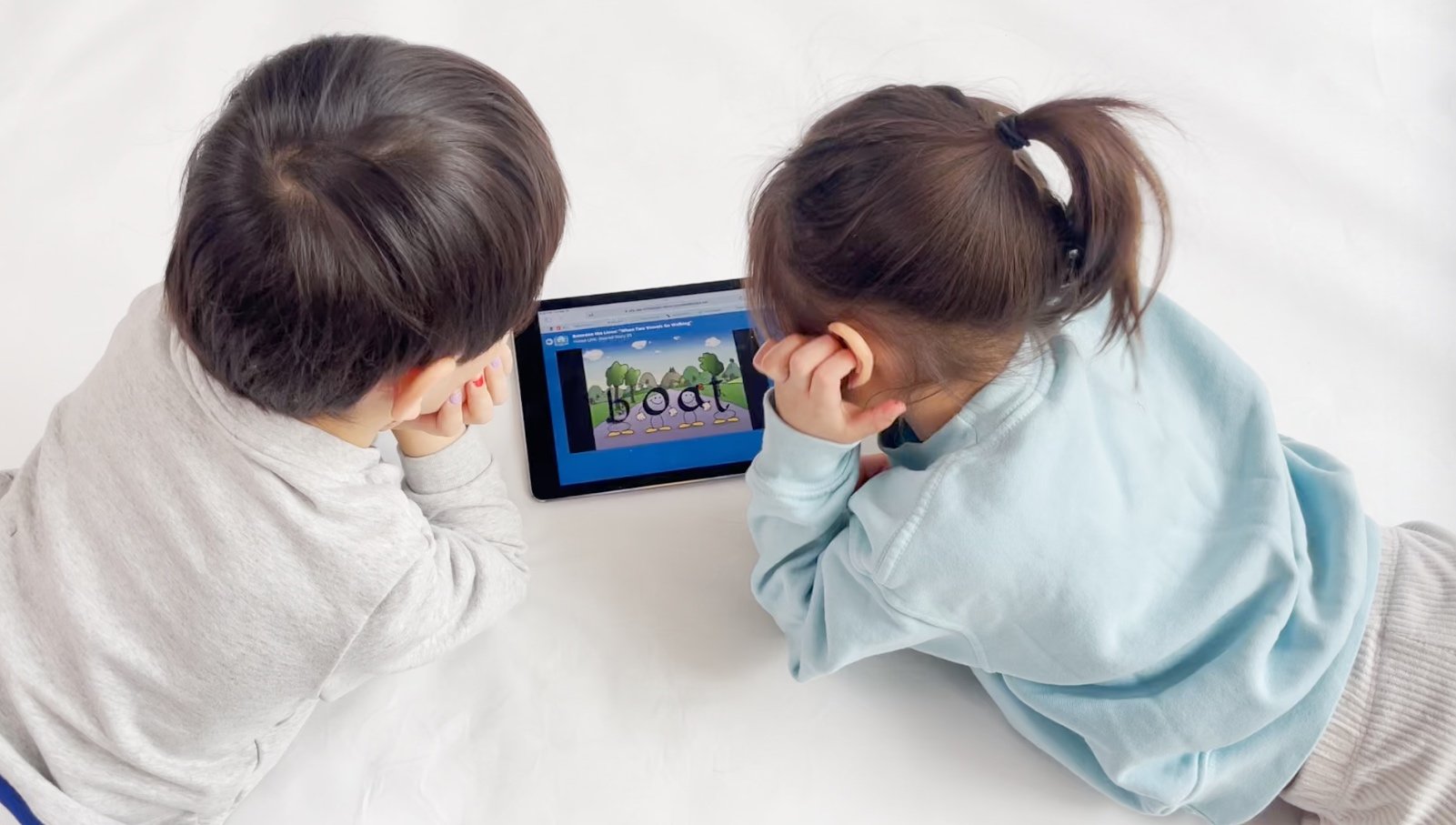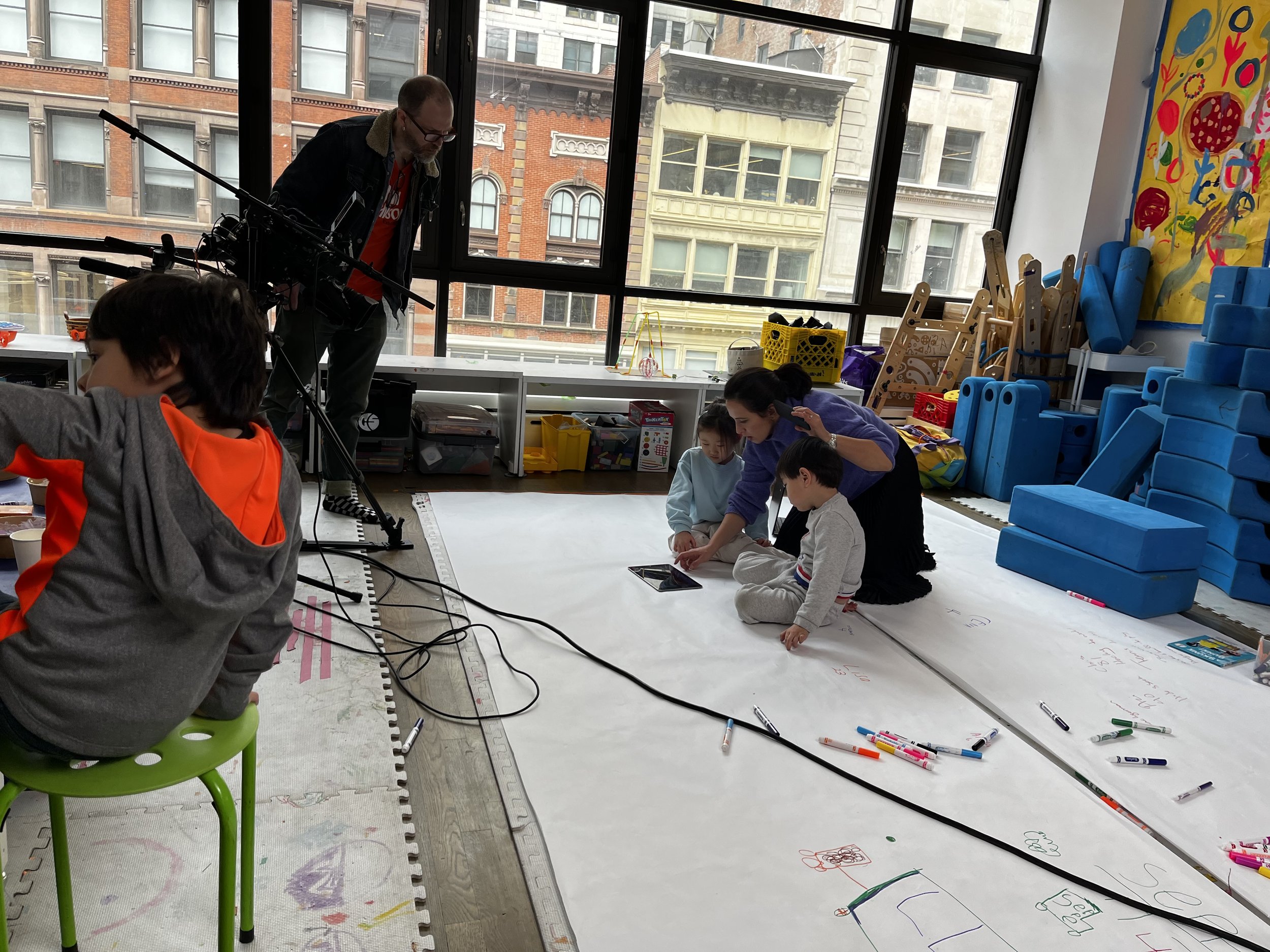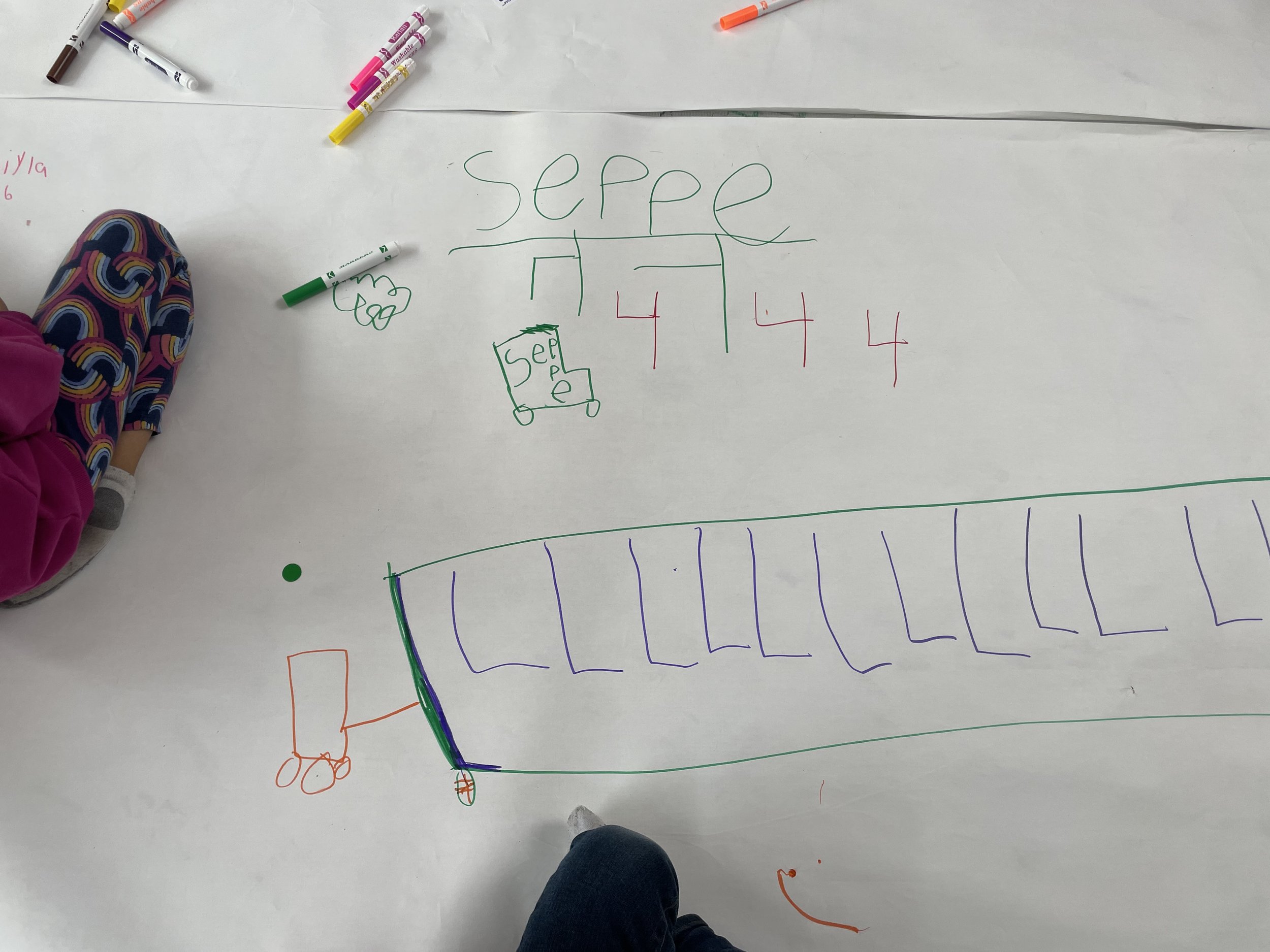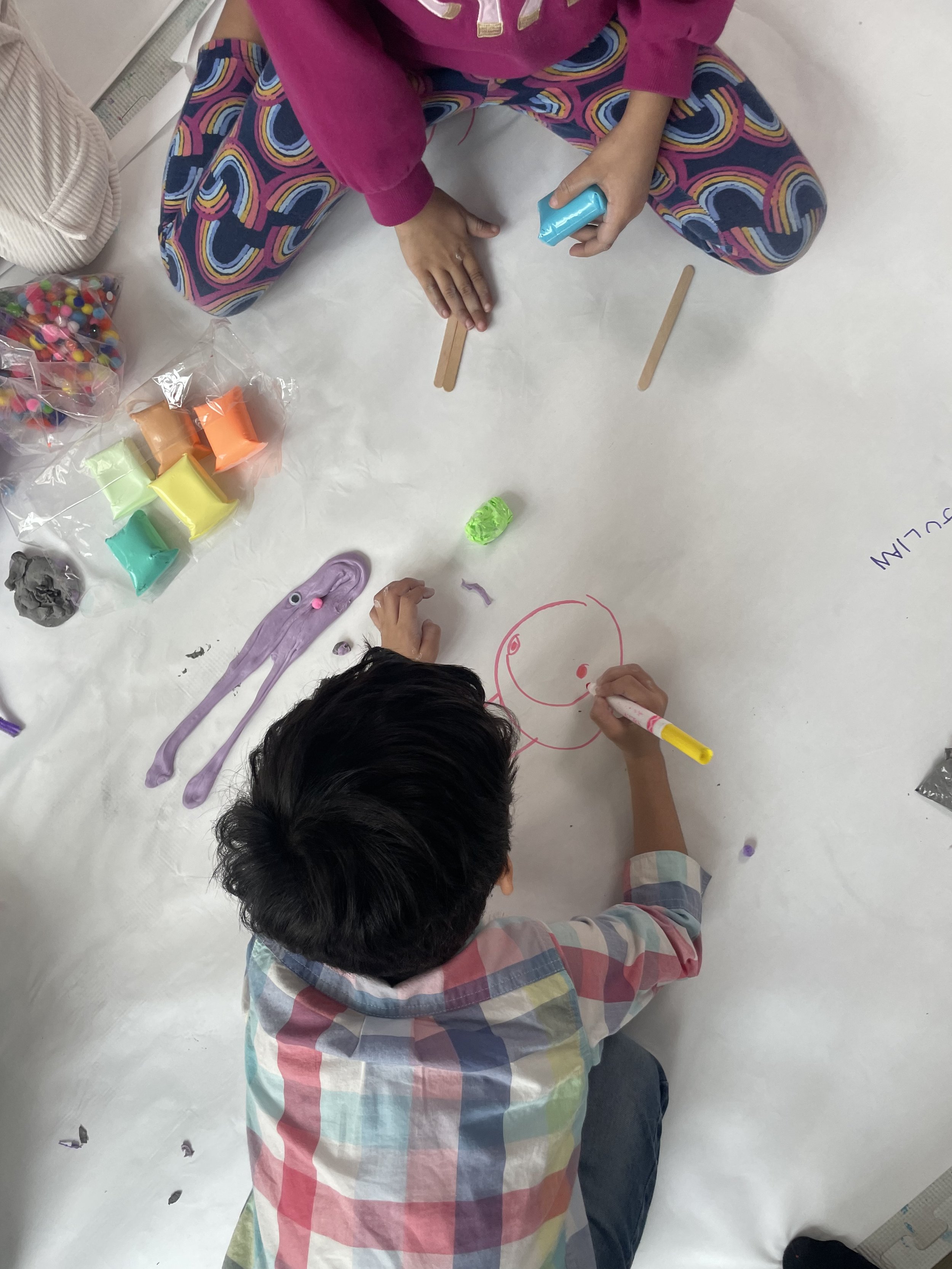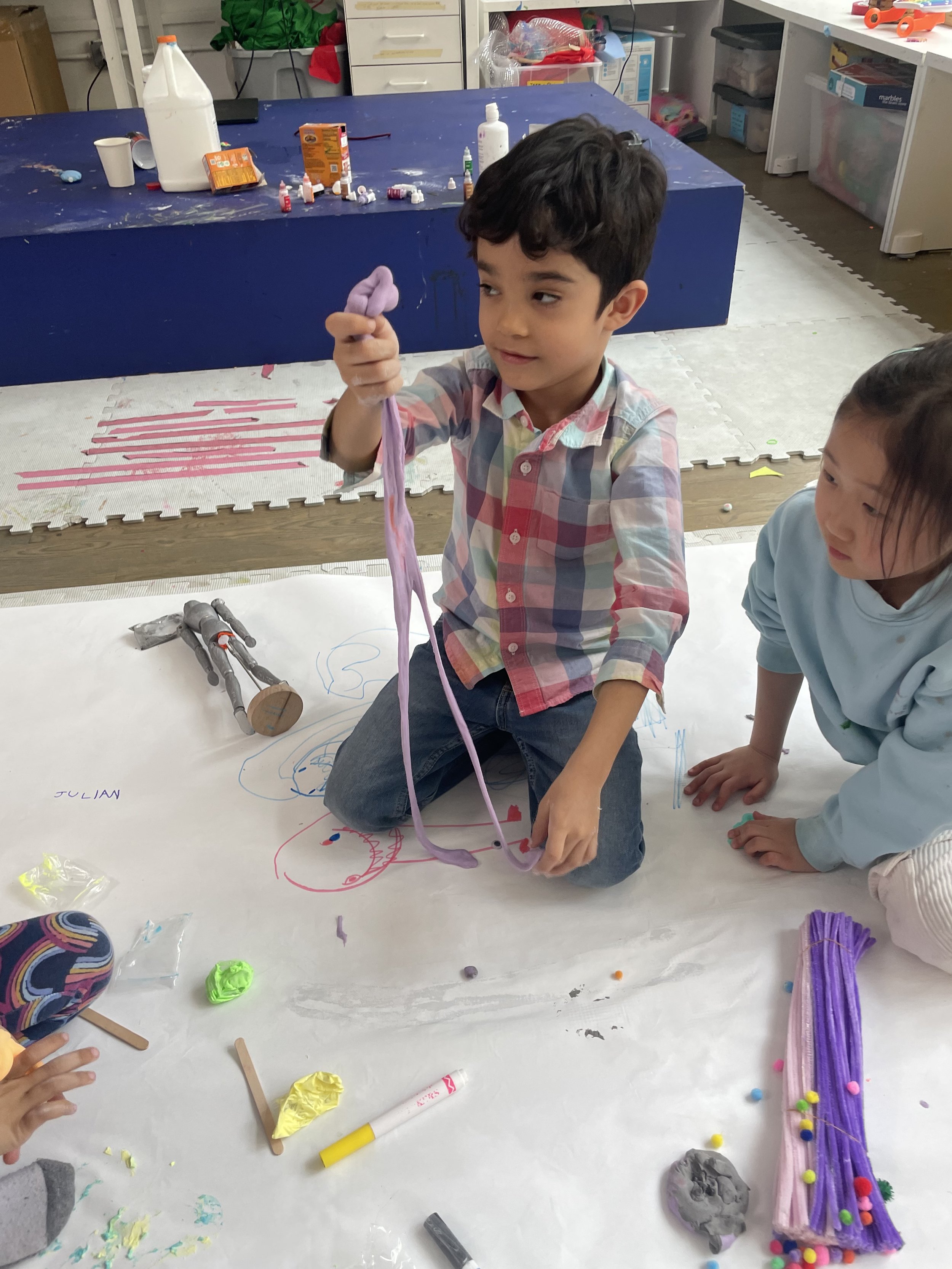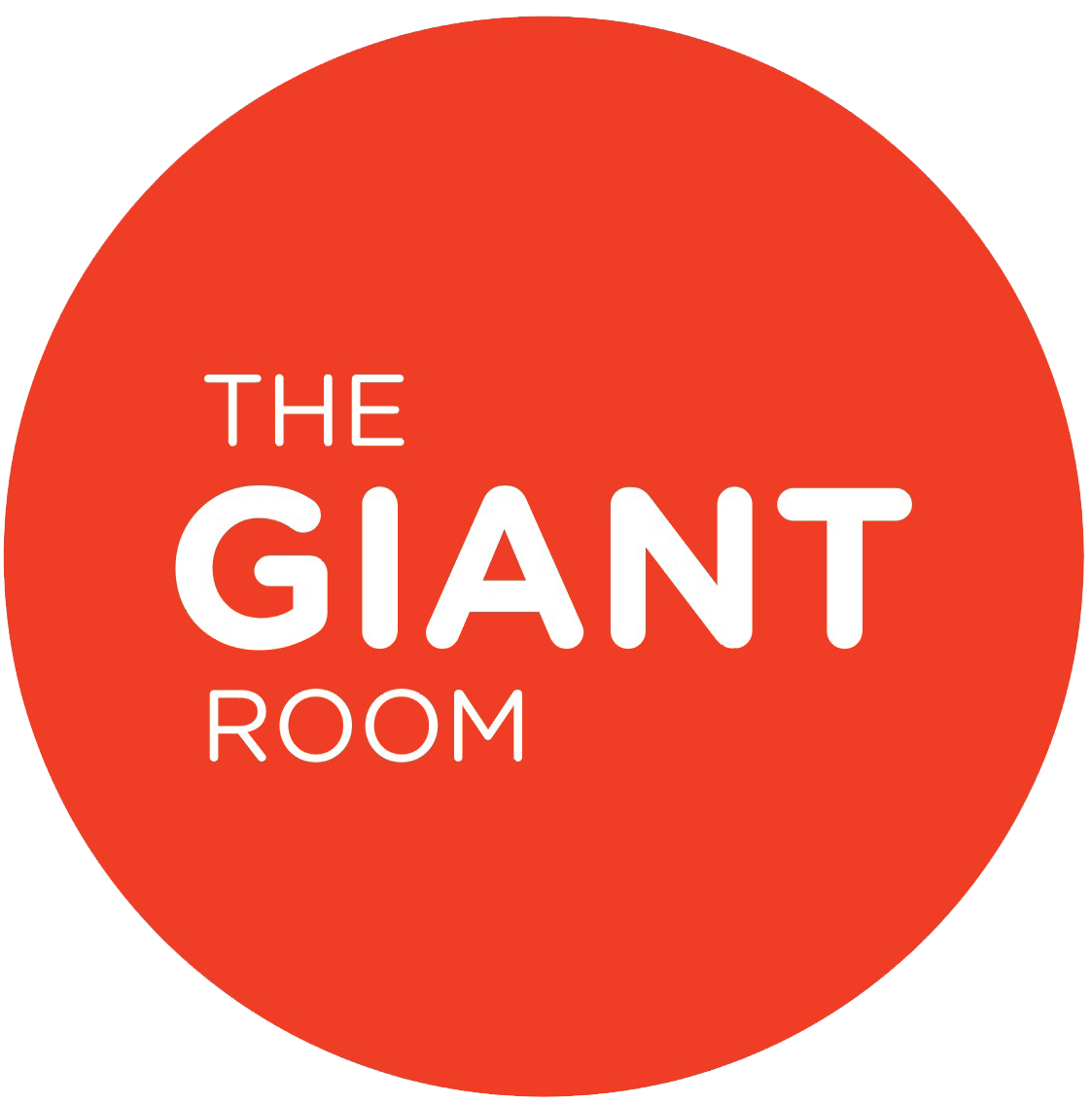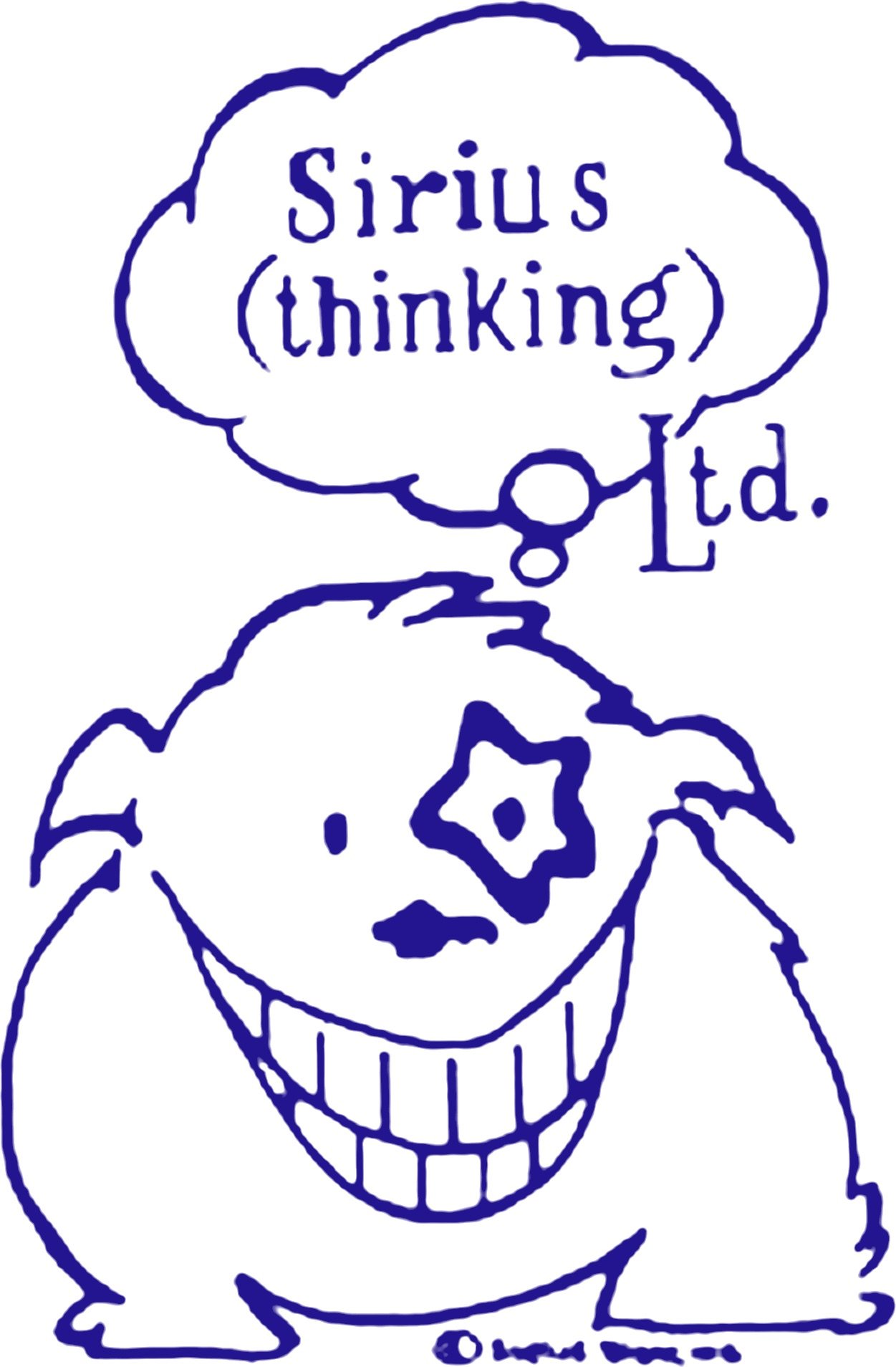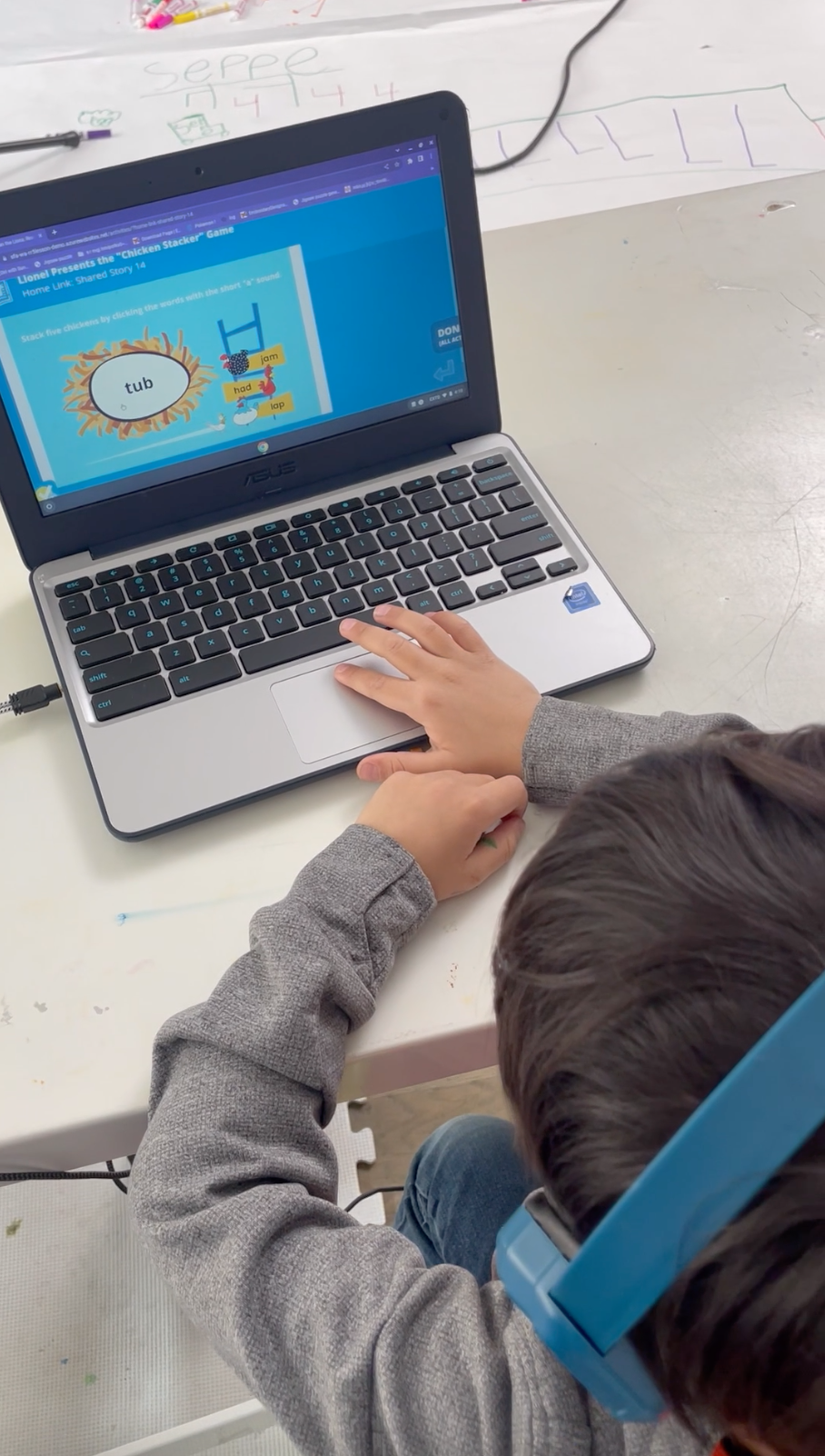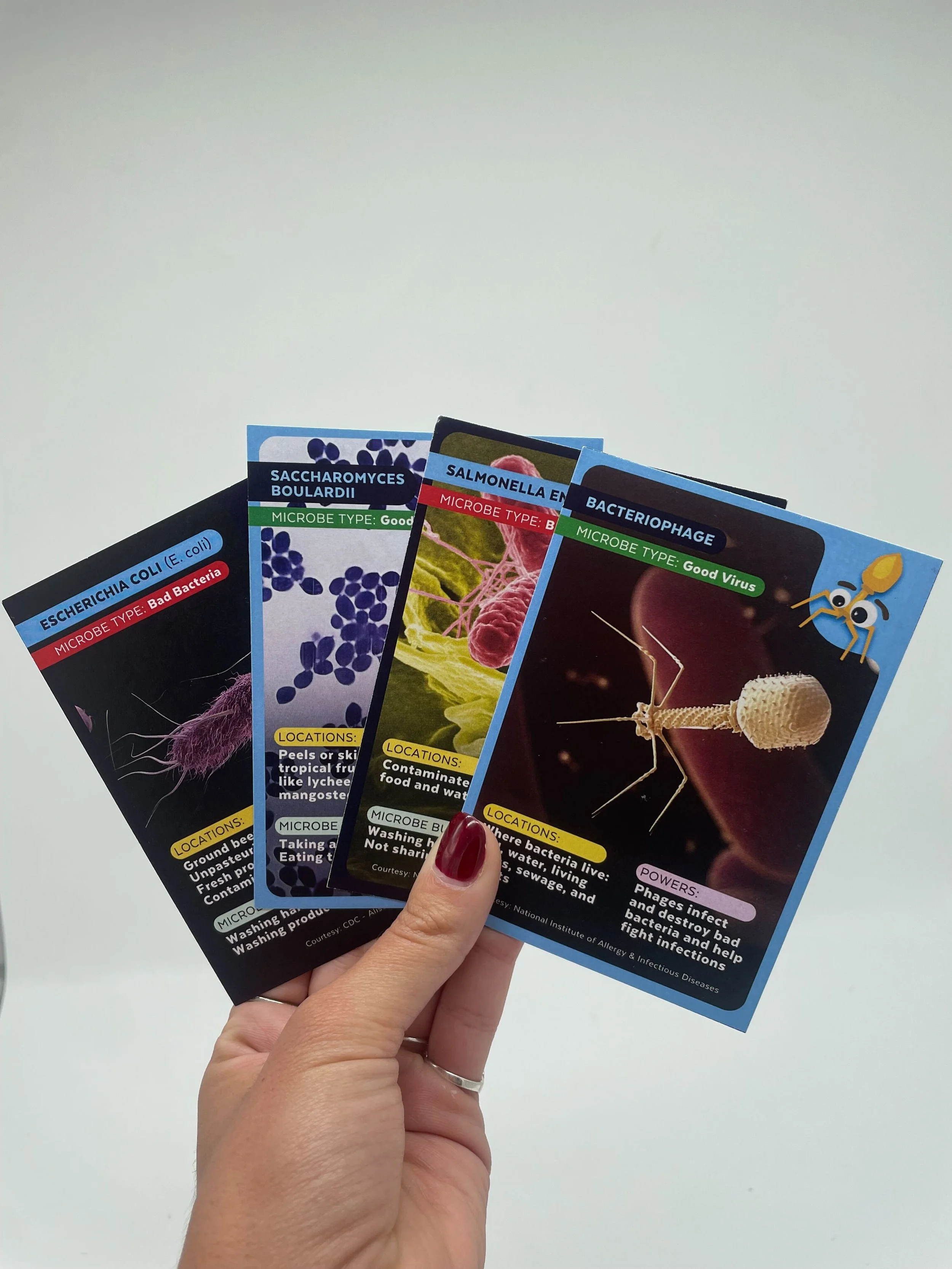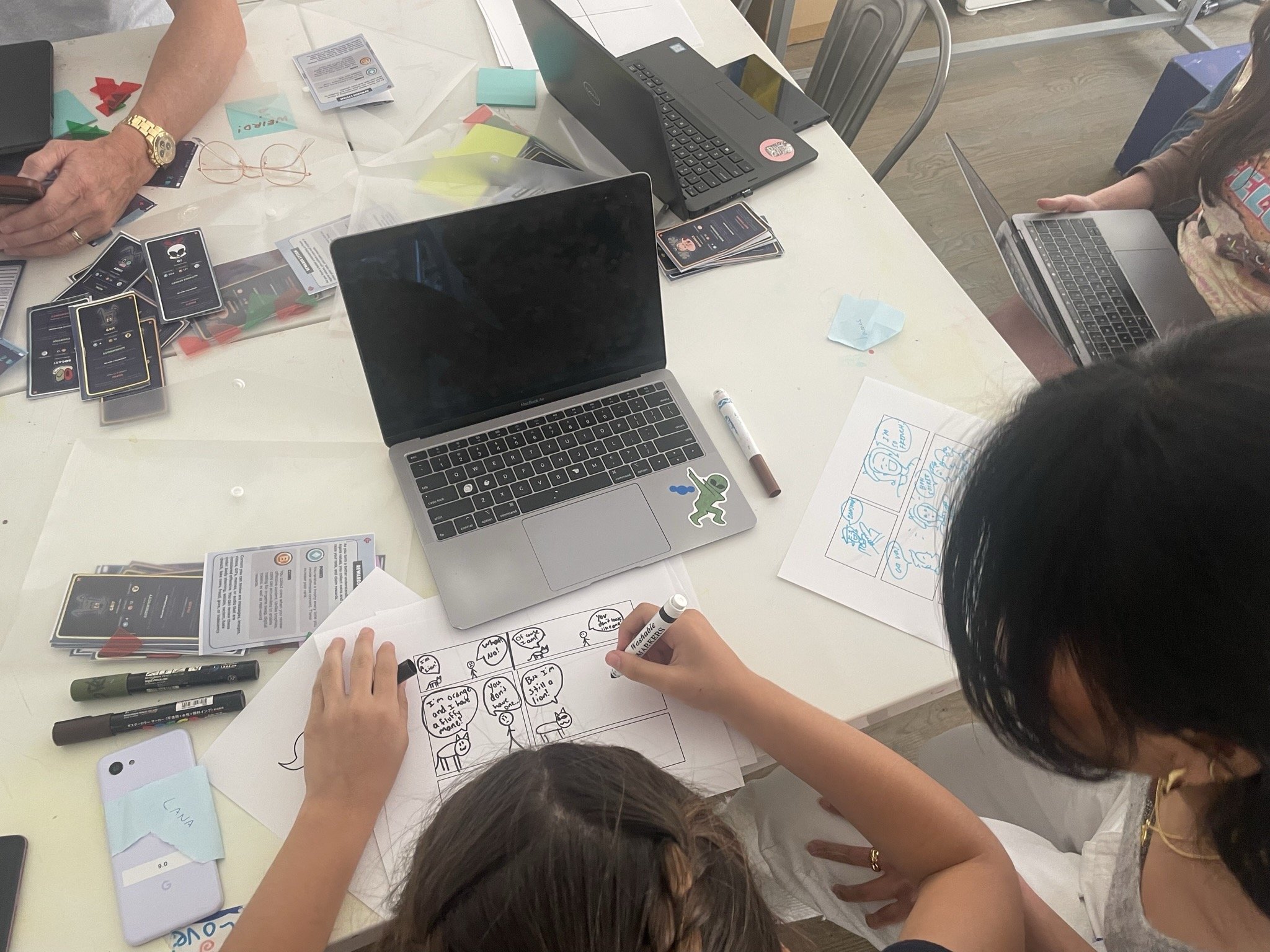Report: Sirius Thinking Playtesting & Prototyping Session at GIANT
Sirius Thinking team joined our team of researchers and GIANT kids for one session of playtesting and prototyping. This session was part of their research studies for Phase I of their SBIR grant.
INDUSTRY PARTNER
PRODUCT
Game Changers: A Library of
Literacy Games & Videos
Featuring Between the Lions,
the Award-Winning PBS Series
PRODUCT DEVELOPMENT STAGE
Beta Prototype
RESEARCH & DESIGN METHODS
-
Designers and/or researchers invite kids to play a prototype of the product they are working on. In general playtesting is done in combination with at least one other R&D method such as observation and note taking, interviewing, task analysis, video analysis, etc.
-
Researchers assess learning outcomes of a product in a preliminary way with a very small number of kids and limited number of sessions. These assessments are recommended as pilot testing before planning a larger efficacy study.
-
In response to a design prompt provided by the adult designers and researchers, kids ideate, make a prototype of their ideas, and share with other participants in the session. The prompts are designed to help adult designers learn more about kids' preferences, interests, and play patterns they are interested in, and they can be open-ended and/or related to the particular product the designers are working on.
PARTICIPANTS
Ages: 4 to 6 year olds
Number of participants: 5
FORMAT & SETTING
In person at The GIANT Room Flatiron Hub
1 Session
One-on-one, Small group, educator-child duo formats
Background
Christopher Cerf from Sirius Thinking and Harold Moss from FlickerLab joined us in The GIANT Room’s Flatiron hub for one session of playtesting and prototyping focused on Game Changers – a library of literacy education games and videos based on the Emmy-awardwinning PBS television series Between the Lions. The team was interested in assessing preliminary learning outcomes and engagement with their product as they prepared for Phase II of an SBIR grant awarded to Sirius by the U.S. Department of Education.
The Big Question
Engagement: (1) How long would kids like to spend on the portal? (2) What type of media would they engage with more?
Learning: To what extent are early readers able to improve their reading skills after one session of interacting with the software?
Process
Christopher Cerf and Harold Moss joined five kid participants at The GIANT Room. We started the session with a round of introductions and asked Christopher to read a few pages of his book A Skunk in My Bunk aloud for the participants. The book reading gave the kids a great opportunity to learn more about him and helped them to feel more comfortable with the adults in the room. After the book reading, we asked participants to interact with the Game Changers portal on computers and iPads. Throughout the session, we asked kids to play on their own, in small groups with one, two, or three other kids, or in collaboration with one of the adults in the room. The last 45 minutes of the session were set aside for the kids to design their own games, make prototypes, and share their creations with the design team.
Key Findings & Recommendations
-
Kids who had difficulty identifying certain phonemes benefited from dynamic scaffolding provided by one of our GIANT facilitators. For example, one game required players to identify words that include the short “a” sound. Kids who were not proficient in reading yet, benefited from hearing the educator reading the word with an exaggerated emphasis on the short vowel sound. Once they were able to detect some of the words correctly, the facilitator simply read the word without any exaggeration, and as the kids got more comfortable detecting the sounds, the facilitator stopped reading the words altogether.
A great intuitive example of dynamic scaffolding that many of us have experienced is the type of support we may provide to a child when they are trying to learn riding a bike! We usually start with a great amount of support and gradually diminish the support until the child is ready to bike on their own!
Recommendation: When possible, adjust scaffoldings in the game based on the user's performance. Educators and parents can also provide these scaffoldings as they co-play with kids.
-
Group dynamics varied based on kids’ literacy skills, their personalities, and whether or not they knew each other prior to the session. Kids tend to benefit from playing with other kids when they engage in discussions and support each other in problem solving. If one child is more timid than the other, or if one child is much more advanced than the other, it may be helpful for an adult to intervene and encourage the children to take turns in problem solving, or to engage in discussions, before providing any answers.
Recommendation: Features such as “turn taking” allow for fair gameplay in small groups. The players can cooperate or compete to reach a goal in the game.
-
GIANT kids built and shared a prototype of a rocket ship game with aliens inside and a garden on top, as well as a slimy smiley character that deforms, morphs, and comes back together, a rainbow ball, and a ski theme game.
Recommendation: Portals that provide access to a diverse set of content can engage a diverse group of kids, especially if they allow kids to create and engage based on their interests.
Impact on Product Design
Our industry partners were pleased to see kids learning and engaging with their platform, and took notes on ways they could improve the product in terms of usability, engagement, and learning outcomes in Phase II of their SBIR grant.
In particular, most kids showed higher engagement with one game on the portal that focused on teaching short vowel sounds. Designers, therefore, decided to incorporate a similar play pattern to teach other phonemes.
Sirius Thinking and Success for All were awarded Phase II SBIR grant from IES. They are partnering with The GIANT Room to continue engaging with GIANT kids for the next two years.
Impact on Kids
Kid participants who were not proficient in reading showed signs of improvement in detecting certain phonemes after just one session of gameplay. Parents of these participants asked for a link to the product so that they can continue learning with the portal at home.
Kids love to meet and interact with real designers who actively design products for them to play and learn with. As they interact with the designers, share ideas, co-play and co-create with them, not only do they develop their creative confidence, but they also practice design thinking, collaboration, and the art of giving and receiving feedback.
As kids interact with designers and learn about the behind-the-scenes development of real products, they trust more about their own design process, become more forgiving with their own failures, and start internalizing that prototyping, testing, and refining their designs are necessary steps to bringing their ideas into the world.
Interactions and engagements with designers amplify kids' voices, needs, interests, and perspectives in the design process of products that may touch millions of other kids when these products enter the market.
Credits
A GIANT thank you to kids and adults who participated in this session, generously shared their ideas and feedback, and contributed to the design and development of the Game Changers Portal!
Kid Participants:
Aiyla, Aleph, Cena, Julian, Seppe
Adult Participants:
Christopher Cerf (Sirius Thinking)
Hongjin Du (The GIANT Room)
Azadeh Jamalian, PhD (The GIANT Room)
Lisa Lei (The GIANT Room)
María Eugenia Segovia (The GIANT Room)
Harold Moss (FlickerLab)
Collaborate with GIANT
Is your company designing and developing a product for kids? Reach out to us to learn more on ways The GIANT Room’s team and GIANT kids can support you in your research and development efforts. From recruitment and space for conducting research, to designing a robust research program based on the stage of your product development— including facilitation, data collection and analysis, reports, executive summaries, and experience/play design consulting; we’re here to support.
“I watched how [the facilitator] worked with my son with this software and I love to continue working with him at home. I’d love to have a link to the application to use at home!”
“I want to participate in the workshop again! I can do it 100 times!!”
